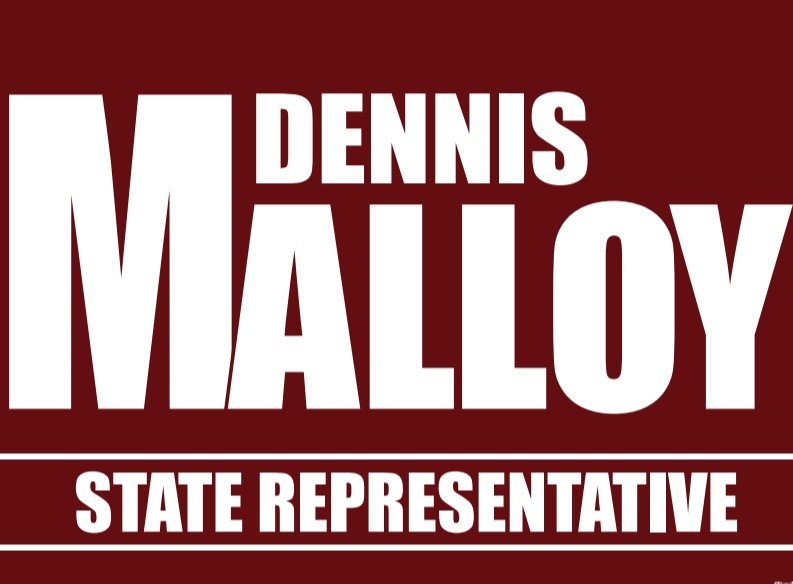Rockingham County Superior Court Judge David Ruoff ruled the state needs to pay a higher percentage of public education costs and its methodology for administering the statewide property tax makes it unconstitutional.
There were two cases in front of Judge Ruoff. In the first, he determined the state of NH is not meeting its constitutional requirement to provide an adequate education to NH students. Judge Ruoff says the adequate education amount per pupil should be $7,356, not the $4,100 the state allocates. The difference is funded by local property taxes. In other words, the state would pick up its fair share thereby lowering local property taxes by a significant amount.
The second case contends that the statewide educational property tax (SWEPT) is unconstitutional as administered because it doesn’t have one rate for all. The SWEPT allows property wealthy communities to retain excess money to help offset the local education tax rate or to have the Department of Revenue Administration set a negative local education rate to offset a community’s state property tax obligation if they have no or few students in school. What that does, as the Education Funding Commission noted in its report in 2020, is sentence property poor communities to an education system that does not deliver the same opportunities that students from property wealthy communities find routine.
The school funding challenge has faced NH for 30 years and has never been settled to the satisfaction of legislators, property taxpayers, educators, the executive branch or the courts. It will be up to the NH House to settle this by deciding what if any amount should be allocated to meeting education obligations, and devise a way that distributes education monies that is not determined by where you live or the valuation of the property in a town or city.
It's been a complicated mess for decades and forced property tax payers to pick up the cost of what the state should have covered, according to this ruling. It must be resolved by the NH Legislature lest the courts step and craft a solution, taking the decision away from your elected officials.
We’ll know more after the first of the year when the legislature reconvenes. It should be quite a ride.
With thanks to Garry Rayno of the InDepthNH
